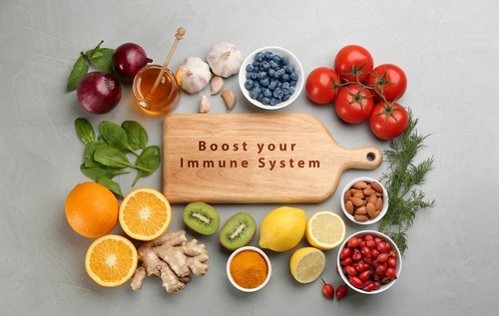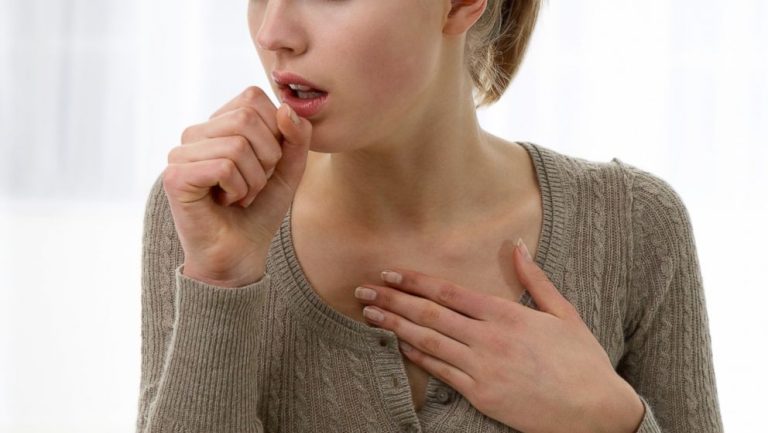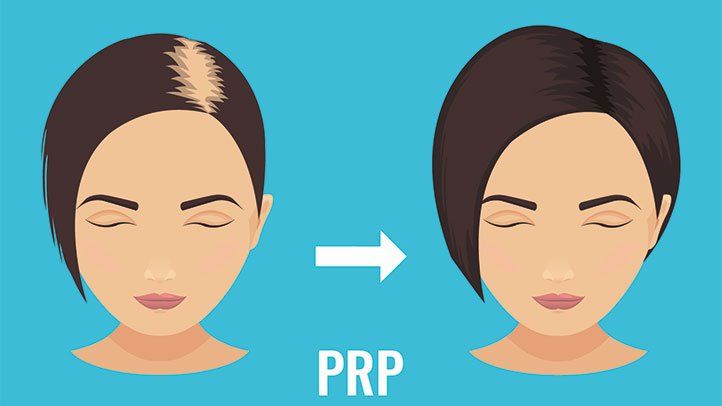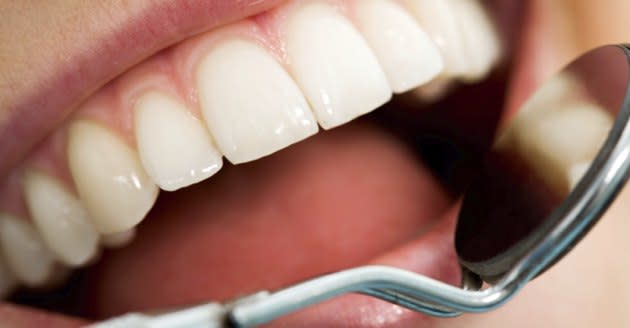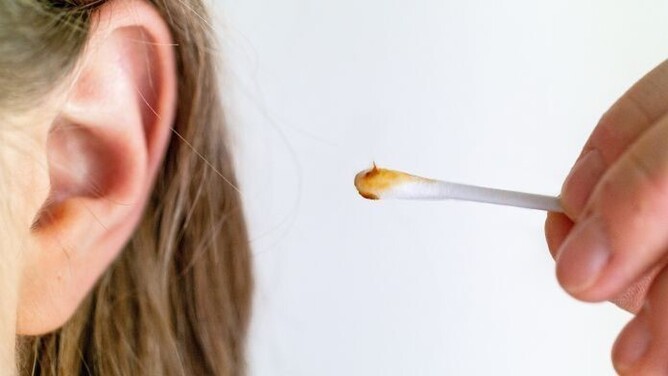Overcoming Oral Thrush: Effective Remedies You Need to Try
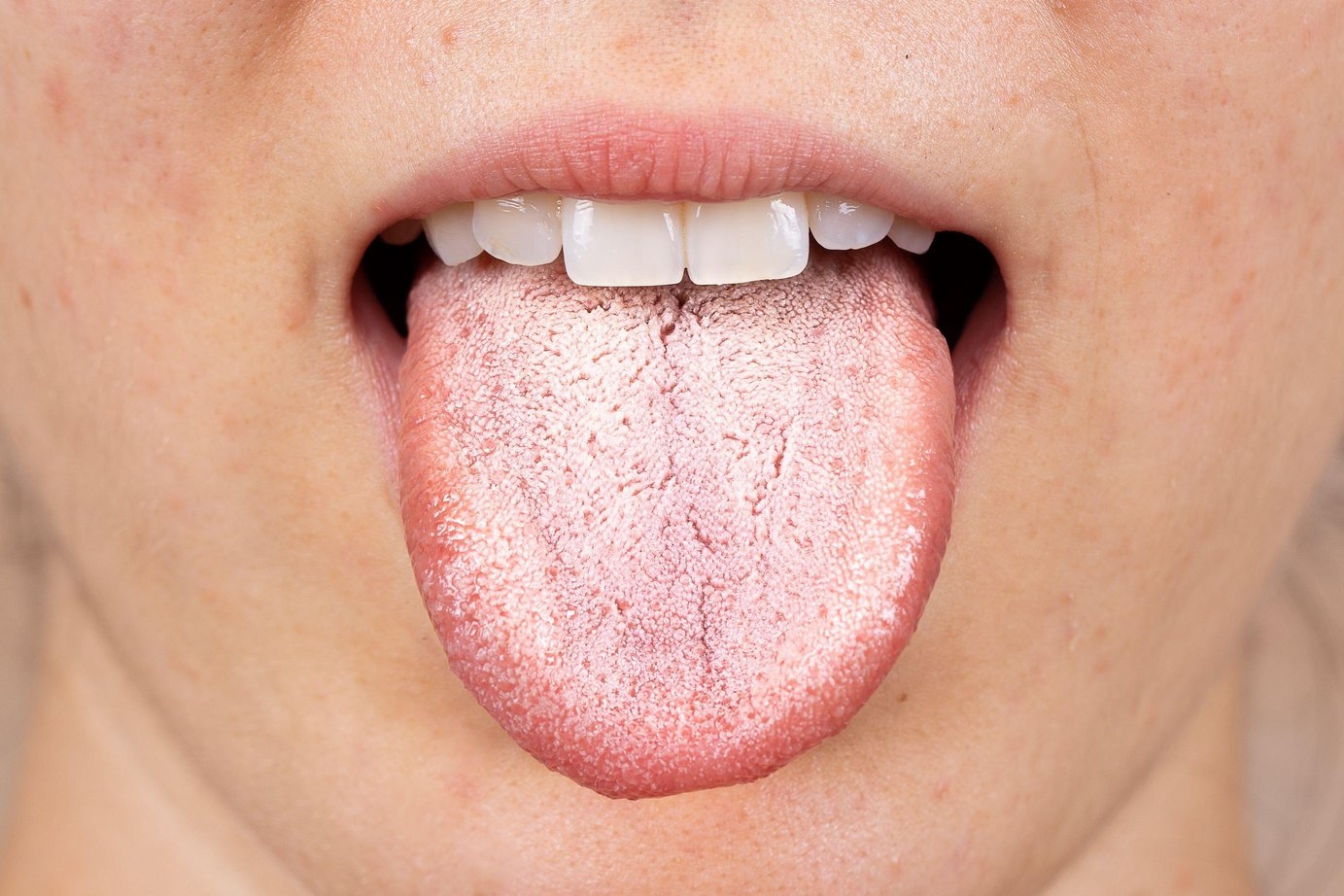
Oral thrush is a common condition caused by the overgrowth of a naturally occurring fungus in the mouth. It can lead to discomfort and pain, making it essential to understand its causes, symptoms, and effective remedies. In this article, we will explore the various home remedies and medical treatments available for oral thrush, as well as ways to prevent its recurrence. Whether you’re looking for natural solutions or medical interventions, we’ve got you covered with all the information you need to overcome oral thrush and promote oral health.
Understanding Oral Thrush
Oral thrush, also known as oral candidiasis, is a fungal infection caused by the overgrowth of Candida yeast in the mouth. This condition can affect anyone, from infants to the elderly, but it is most common in young children, the elderly, and individuals with weakened immune systems.
What Is Oral Thrush?
- Oral thrush appears as creamy white lesions on the tongue, inner cheeks, roof of the mouth, gums, and tonsils.
- When scraped, these lesions may bleed slightly.
- In severe cases, the infection can spread to the esophagus, causing pain or difficulty swallowing.
Causes of Oral Thrush
- Weakened immune system
- Medications such as antibiotics or corticosteroids
- Poor oral hygiene
- Medical conditions like diabetes or HIV/AIDS
Risk Factors
- Infants
- Elderly individuals
- Individuals with compromised immune systems
- People with certain medical conditions or lifestyles that can weaken the immune system
Understanding these aspects is crucial in finding effective remedies for oral thrush and preventing its recurrence.
By effectively addressing the causes and risk factors, it is possible to overcome oral thrush and restore oral health.
Common Causes of Oral Thrush
Oral thrush, also known as oral candidiasis, is a fungal infection caused by the overgrowth of Candida albicans in the mouth. There are several common causes and risk factors that contribute to the development of oral thrush:
- Weakened Immune System: Individuals with weakened immune systems, such as those with HIV/AIDS, cancer, or undergoing chemotherapy, are more susceptible to oral thrush.
- Antibiotic Use: Prolonged or frequent use of antibiotics can disrupt the natural balance of microorganisms in the mouth, leading to an overgrowth of yeast and causing oral thrush.
- Poor Oral Hygiene: Inadequate oral hygiene can create an environment conducive to the growth of Candida albicans, increasing the risk of oral thrush.
- High Sugar Diet: Consuming a diet high in sugar can promote the growth of yeast in the mouth, contributing to the development of oral thrush.
- Dry Mouth: Conditions that cause dry mouth, such as certain medications or medical conditions, can increase the risk of oral thrush as saliva helps to control the growth of yeast.
Understanding these common causes can help in the prevention and management of oral thrush. By addressing these factors, it is possible to reduce the likelihood of developing this uncomfortable condition.
Remember, while home remedies can be effective, it’s important to consult a healthcare professional for a proper diagnosis and treatment plan, especially if the symptoms persist despite trying remedies for oral thrush.
Symptoms to Look Out For
When dealing with oral thrush, it’s essential to be aware of the symptoms that may indicate its presence. Keep an eye out for the following signs and symptoms:
-
White patches: White, creamy lesions on your tongue, inner cheeks, or the roof of your mouth can be a clear indicator of oral thrush. These patches may resemble cottage cheese in appearance.
-
Redness and soreness: The infected areas in your mouth may appear red and feel sore, making eating and swallowing uncomfortable.
-
Cracking at the corners of the mouth: If you notice painful cracks or splits at the corners of your mouth, this could be a symptom of oral thrush.
-
Loss of taste: A persistent loss of taste or an unpleasant taste in your mouth can be linked to oral thrush.
-
Difficulty swallowing: If you experience difficulty or pain when swallowing, it’s crucial to consider the possibility of oral thrush as the cause.
-
Unpleasant mouth odour: Oral thrush can sometimes lead to bad breath that doesn’t improve with regular oral hygiene.
Keep in mind that these symptoms may vary in severity from person to person. If you notice any of these signs persisting for more than a few days, it’s advisable to seek medical advice to address the issue promptly.
Remember, early recognition of these symptoms and timely application of Remedies For Oral Thrush can effectively manage the condition and prevent it from worsening.
Effective Home Remedies for Oral Thrush
Dealing with oral thrush can be uncomfortable, but there are several home remedies that can help alleviate the symptoms. Here are some effective remedies for oral thrush:
-
Probiotics: Introducing good bacteria into your system can help combat the overgrowth of yeast. Consider consuming probiotic-rich foods like yogurt or taking probiotic supplements.
-
Saltwater Rinse: Gargling with a warm saltwater solution can help soothe the mouth and inhibit the growth of yeast.
-
Coconut Oil: The antifungal properties of coconut oil make it a popular remedy for oral thrush. You can swish it in your mouth for a few minutes or apply it directly to the affected areas.
-
Gentian Violet: This antifungal dye has been used for years to treat oral thrush. Apply a small amount to the affected areas using a cotton swab.
-
Tea Tree Oil: With its natural antifungal properties, tea tree oil can be diluted and used as a mouthwash to combat oral thrush.
It’s important to note that while these home remedies can be effective, they should not replace medical treatment. If oral thrush persists or worsens, it’s crucial to seek professional help for proper diagnosis and treatment.
Medical Treatments for Oral Thrush
When home remedies and lifestyle changes aren’t providing the relief you need, it may be time to consider medical treatments for oral thrush. Here are some options to discuss with your healthcare provider:
-
Antifungal Medications: Your doctor may prescribe antifungal medications such as clotrimazole, nystatin, or fluconazole to help combat the overgrowth of Candida in your mouth.
-
Oral Antiseptics: In some cases, your healthcare provider may recommend antiseptic mouthwashes containing ingredients like chlorhexidine to help reduce the candida fungus.
-
Topical Antifungal Creams: If the infection has spread to the corners of the mouth, your doctor may suggest applying antifungal creams to the affected areas.
-
Systemic Antifungal Therapy: For severe or recurrent cases, systemic antifungal medications taken orally may be necessary to get the infection under control.
When considering medical treatments for oral thrush, it’s crucial to follow your healthcare provider’s recommendations closely to ensure effective and safe treatment. Always consult with a healthcare professional to determine the most suitable medical approach for your specific situation. Remember, combining medical treatments with healthy lifestyle habits can support the healing process for oral thrush.
Remember, without proper consultation with a healthcare professional, over-the-counter medications should not be used for treating oral thrush, as they may not always be effective or suitable for your specific condition.
Preventing Oral Thrush Recurrence
Once you have successfully treated oral thrush, it’s crucial to take steps to prevent its recurrence. By adopting certain lifestyle changes and habits, you can significantly reduce the risk of oral thrush coming back. Here are some effective ways to prevent the recurrence of oral thrush:
-
Maintain Good Oral Hygiene: Brush your teeth at least twice a day and use an antifungal mouthwash to help prevent the overgrowth of yeast in your mouth.
-
Limit Sugar and Yeast: Reduce your intake of sugar and yeast-containing foods, as these can contribute to the growth of yeast in your mouth.
-
Ensure Proper Denture Care: If you wear dentures, make sure to clean them daily and remove them at night to give your mouth a chance to rest.
-
Manage Underlying Health Conditions: Properly manage any underlying health conditions, such as diabetes or immune system disorders, that may predispose you to oral thrush.
-
Regular Dental Check-ups: Visit your dentist regularly for oral exams and cleanings to ensure early detection and prevention of oral thrush.
By incorporating these preventive measures into your daily routine, you can minimize the likelihood of oral thrush recurrence and maintain a healthy oral environment.
Remember, consistent oral care and awareness of potential triggers are key elements in preventing the return of oral thrush.
When to Seek Professional Help
If you’ve tried home remedies for oral thrush and haven’t seen any improvement, it may be time to seek professional help. Here are some signs that you should consult a healthcare provider for your oral thrush:
- Persistent Symptoms: If the symptoms of oral thrush don’t improve after trying home remedies for a few weeks.
- Severe Discomfort: If you experience severe pain, difficulty swallowing, or a feeling of something being stuck in your throat.
- Weakened Immune System: If you have a weakened immune system due to conditions like HIV/AIDS, cancer, or diabetes, which can make oral thrush more challenging to treat.
- Recurrent Infections: If you experience frequent or recurrent episodes of oral thrush, it’s essential to seek medical advice to address the underlying cause and prevent future occurrences.
In these cases, it’s crucial to consult a healthcare professional, such as a dentist or doctor, for a proper diagnosis and personalized treatment plan. They can evaluate your symptoms, rule out any underlying conditions, and provide appropriate medical treatments for oral thrush.
Remember, while home remedies for oral thrush can be effective for mild cases, it’s essential to seek professional help for persistent, severe, or recurrent oral thrush infections.
